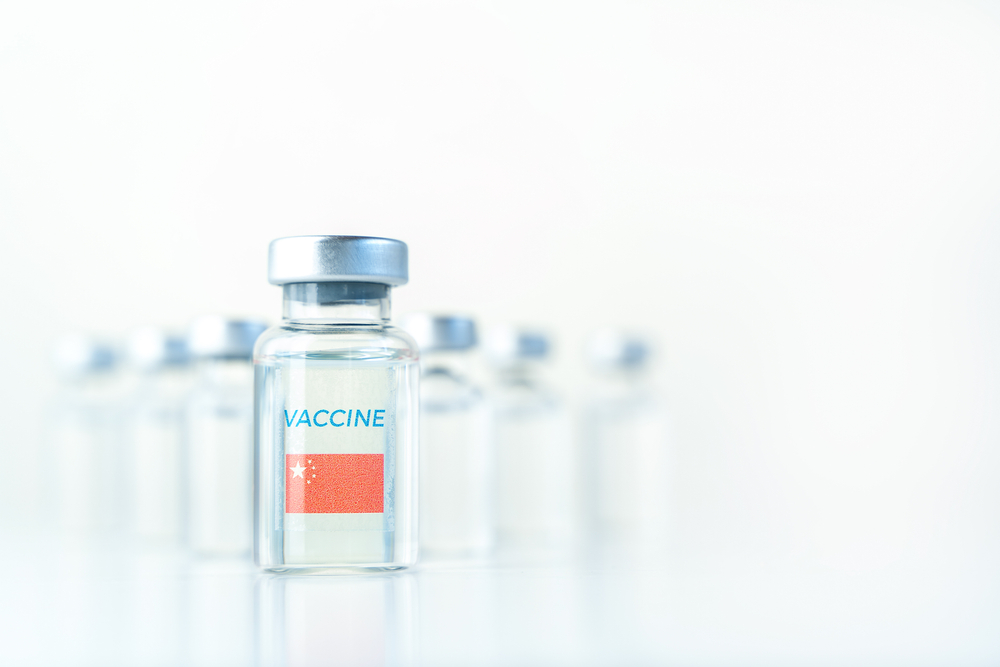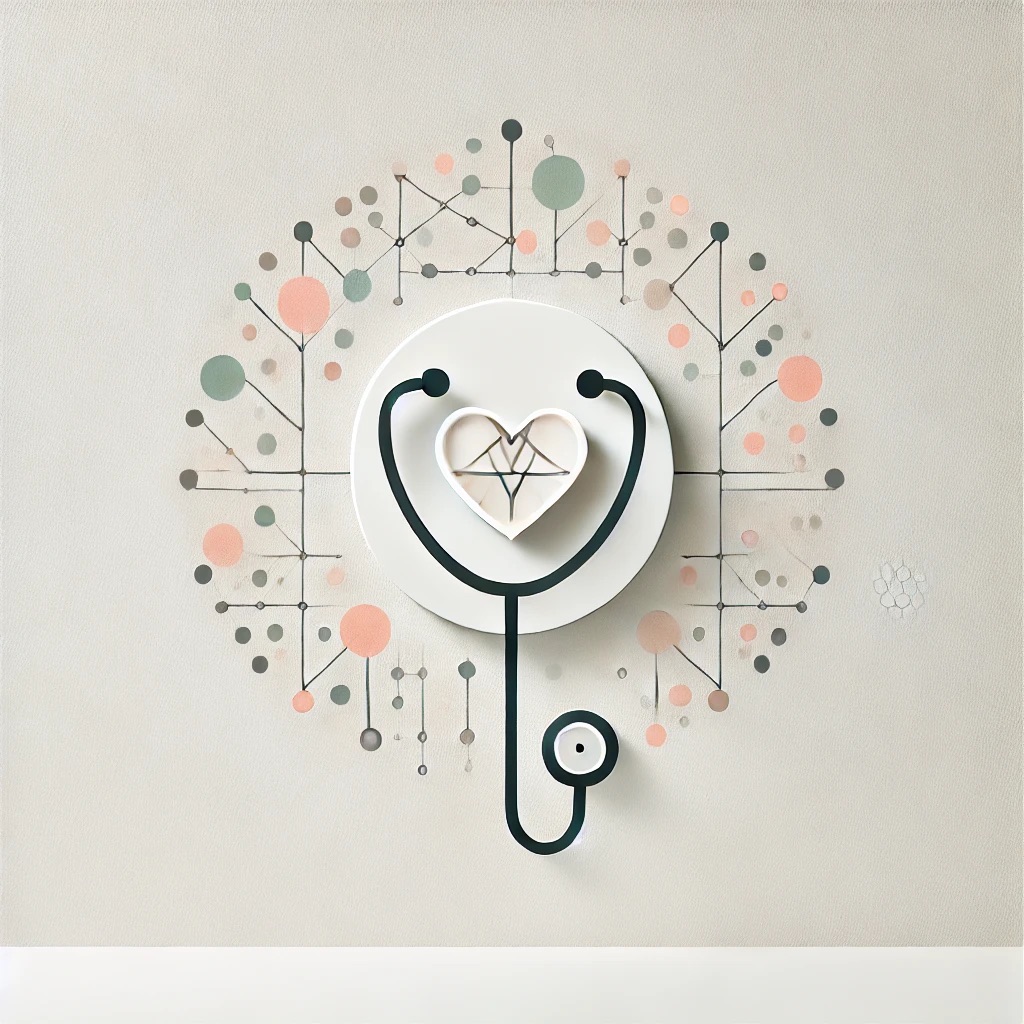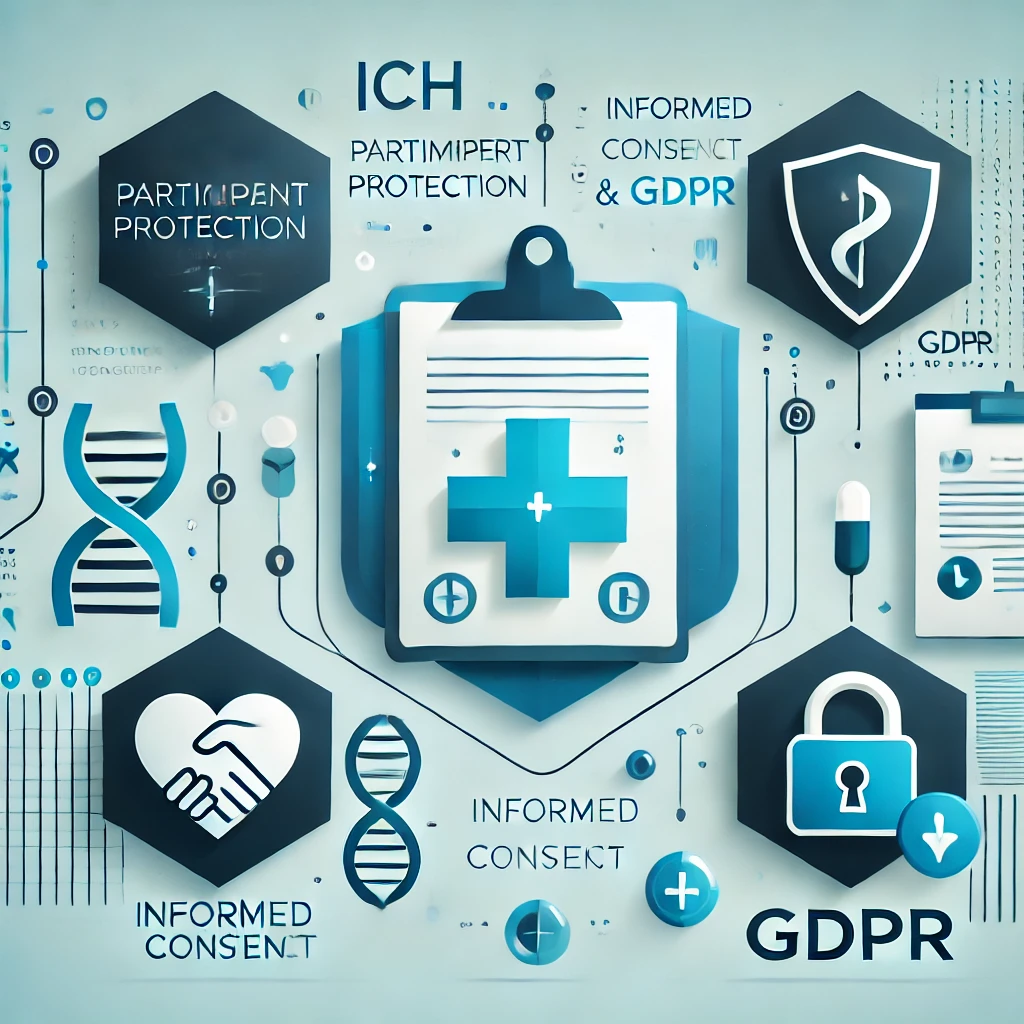The regulation harmonizes regulations on a European scale, which is a major issue in terms of the health of populations across Europe on the one hand, and in terms of innovation on the other.
The regulation creates, in very concrete terms, for example:
• An infrastructure enabling the sharing of health data contained in medical records, respecting the rights of individuals, for cross-border care of people during their travels in Europe;
• An infrastructure, procedures for accessing harmonized and regulated data in member states, and catalogs of data available to facilitate the secondary reuse of health data that has been previously anonymized or pseudonymized.
The regulation strengthens and harmonizes, in addition to the GDPR, the rights of individuals concerning health data: the right of direct access to medical records, the right to object to the processing of health data, settings for access to this data, enhanced information, and facilitation of the exercise of rights for individuals, and rules for data localization.It also provides for a robust framework of European and national governance for digital health. It requires the creation, in each member state, of national authorities competent to support and control the proper application of the regulation. It strengthens European governance of digital health by replacing the eHealth network, co-chaired by France, with a committee of the EHDS with a comitology involving all stakeholders in the decisions (patients, health professionals, researchers, industrialists, institutional representatives, etc.).
The European Commission will establish the central infrastructure and services supporting the EHDS.In the medium term, the regulation also provides for the possibility of connection for countries and organizations based outside the EU, under conditions of guaranteed security and data protection.Its implementation will be spread over the next 2 to 6 years and will require adjustments to existing regulations in France, particularly concerning the reuse of health data (secondary use).
Read more







